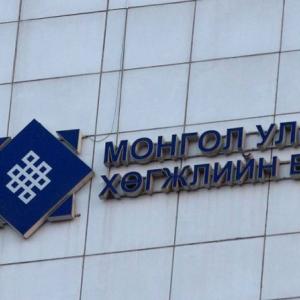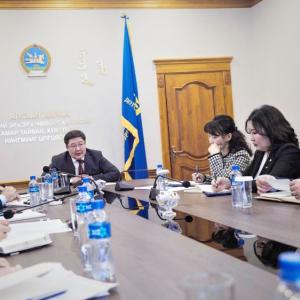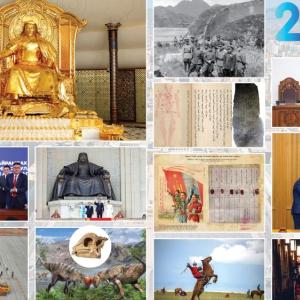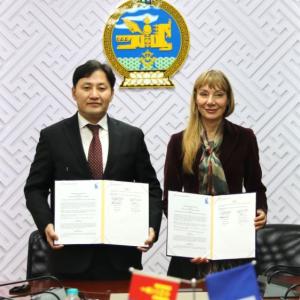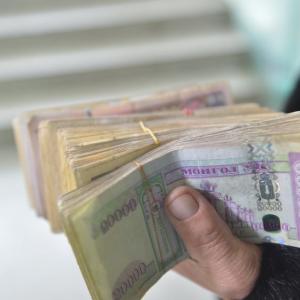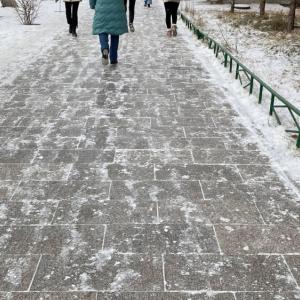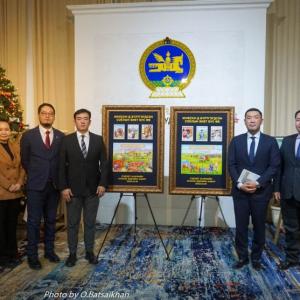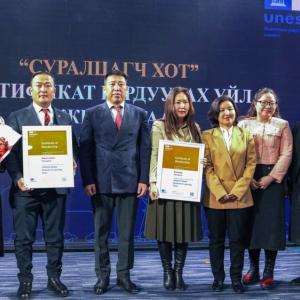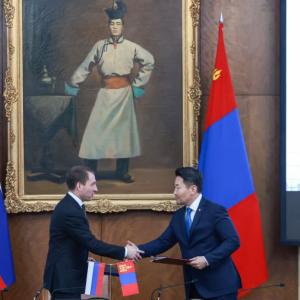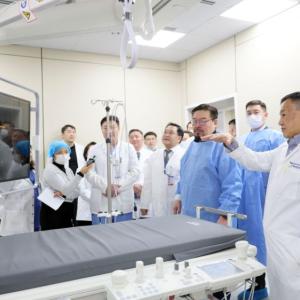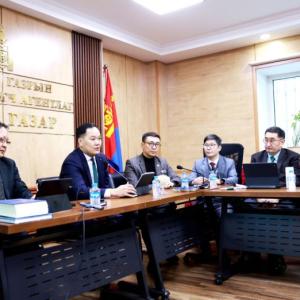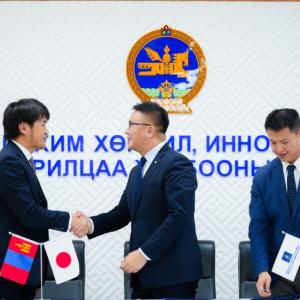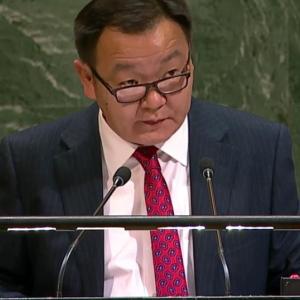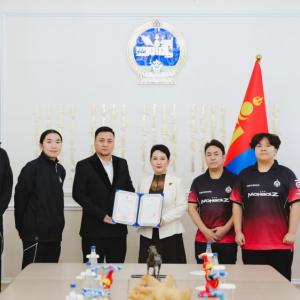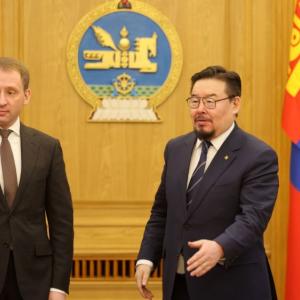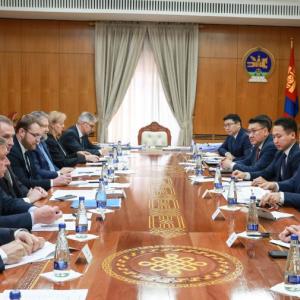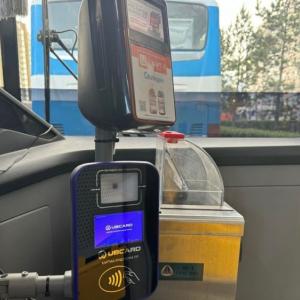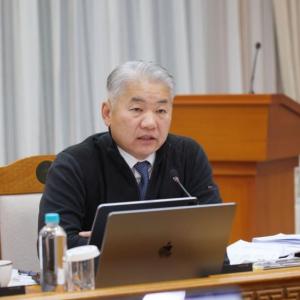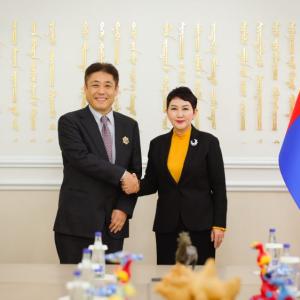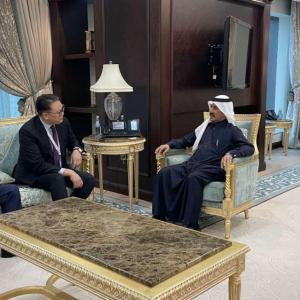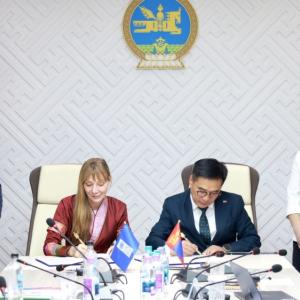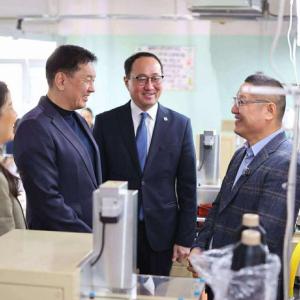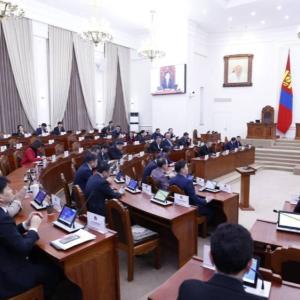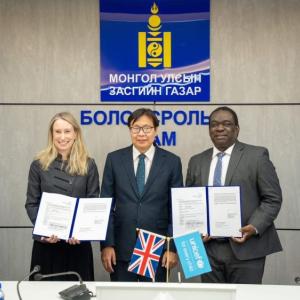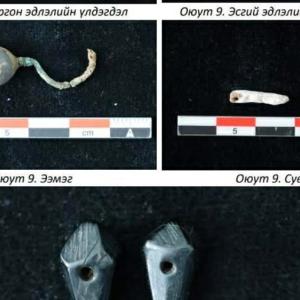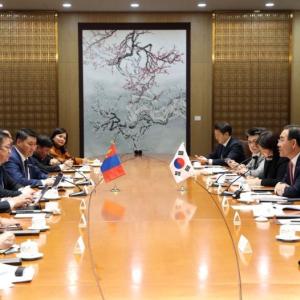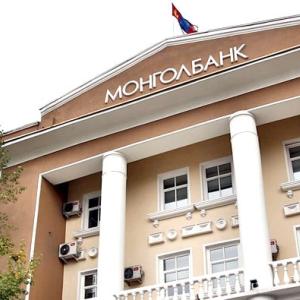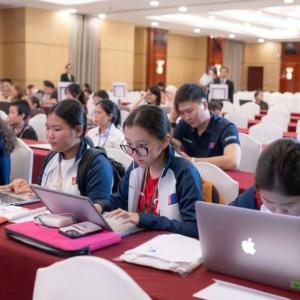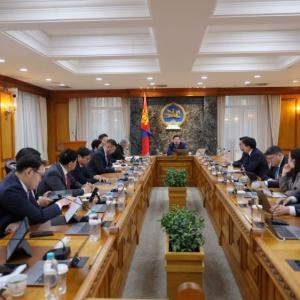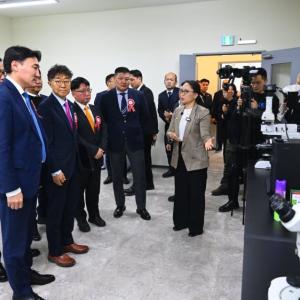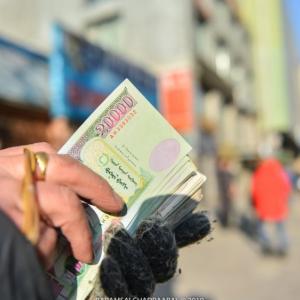Good Practice "e-Resident" Platform of Estonia to be Introduced
Society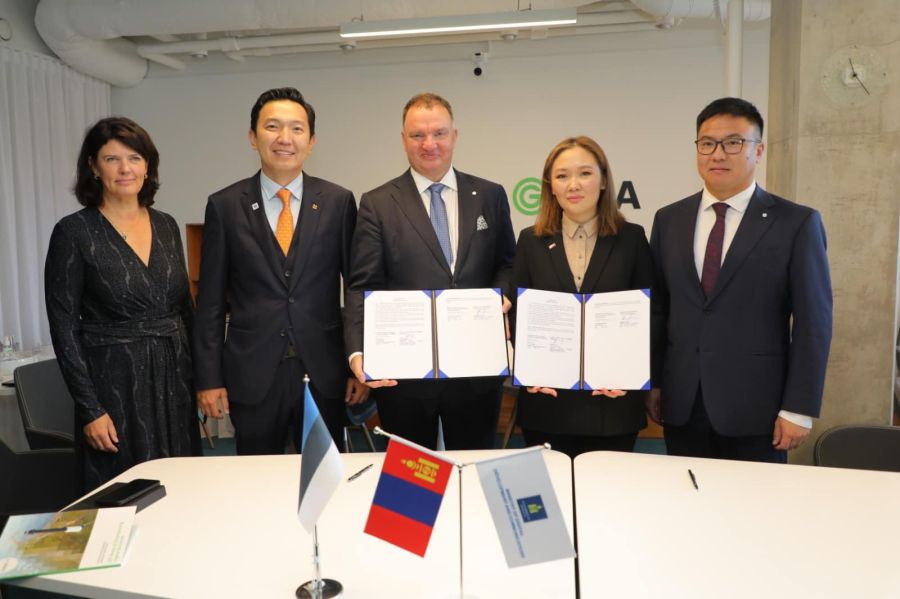
Ulaanbaatar, September 9, 2023 /MONTSAME/. Mongolia moved up 18 places in the United Nations
E-Government Development Index. At the 8th Open Government Partnership Global Summit held in Tallinn, the capital of Estonia, the
Government of Mongolia was awarded the "Open Governance Award" and
the results of its digitization were highly appreciated.
During
the working visit of the Minister of Digital Development and Communications N.
Uchral to Estonia, the State Secretary of the Ministry of Digital Development
and Communications B. Battsetseg and the Executive Director and Chairman of the
Management Board at the Estonian e-Governance Academy Hannes Astok signed
an agreement, thus launching the 2nd stage of digitization cooperation with the
e-Governance Academy. In the framework of the consulting services cooperation,
it was mutually agreed to distribute digital signatures to every citizen,
digitize business permits, develop e-Business solutions, and introduce the good
practice of "e-Resident" platform of Estonia.

In 2019, the Government of
Mongolia and the Estonian e-Governance Academy signed a cooperation agreement. By
receiving consulting services for the creation of a legal framework to support
e-development and the introduction of the E-Mongolia platform, over 1000 government
services were introduced, and E-Mongolia 3.0 version was presented to the
public this year. The Parliament approved four package laws and over 60
regulations to support digital development, reports the Ministry of Digital
Development and Communications.
E-Mongolia launched in 2020
and was developed based on the existing “KHUR” – state information exchange
system, that aims to bring intergovernmental coordination to a new level and
facilitate the access of public services to citizens. It was designed in
consultation with engineers, representatives from government officials, civil
society and the private sector.
As of May 2023, E-Mongolia provided a total of 28 million services from 81 government institutions. Out of all adults, 72% of Mongolian citizens use the system. People without access to the internet can visit any “Khurdan” 42 centers located in aimags or 44 centers in Ulaanbaatar. The digital transition has saved citizens USD 27 million in indirect costs by transferring government services to digital form, transportation related fees, time saved, and document preparation related costs.
 Ulaanbaatar
Ulaanbaatar



















